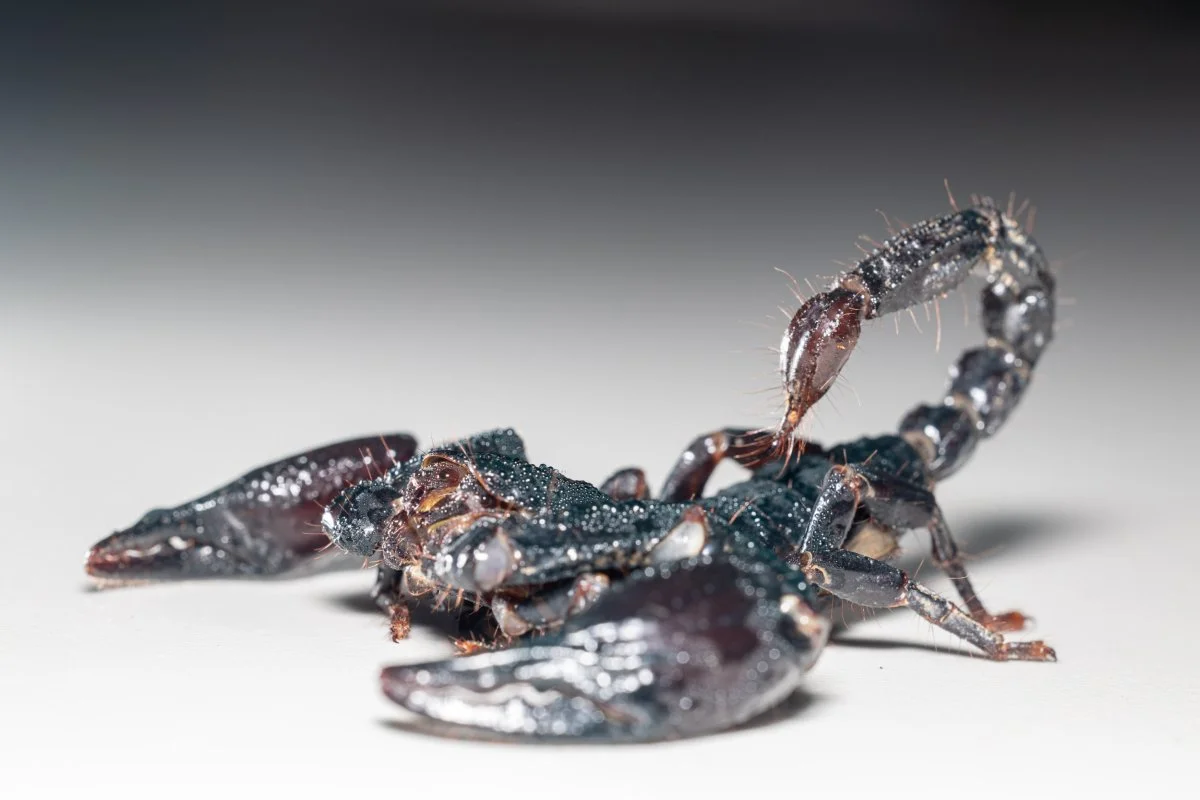A group of Brazilian scientists has found that venom from an Amazonian scorpion could help fight breast cancer, one of the main causes of death among women worldwide.
The research, led by the University of São Paulo’s School of Pharmaceutical Sciences and presented at FAPESP Week France in June 2025, focuses on a molecule called BamazScplp1 found in the venom of the Brotheas amazonicus scorpion.
In laboratory tests, BamazScplp1 killed breast cancer cells in a way similar to paclitaxel, a common chemotherapy drug.
The molecule works by causing necrosis, which means it destroys the cancer cells quickly and directly.
This effect is important because it could provide a new way to treat breast cancer, especially in cases where current drugs do not work well.
The scientists are now trying to produce BamazScplp1 in larger amounts using yeast cells.
This method, called heterologous expression, allows them to make the molecule in the lab without needing to collect large amounts of venom from wild scorpions.
The yeast strain they use, Pichia pastoris, was first discovered in France in 1950 and is often used to produce proteins for research and medicine.
This project is part of a broader effort at the Center for the Study of Venoms and Venomous Animals at São Paulo State University.
The center has experience turning animal toxins into useful medicines. For example, it developed a biological glue for surgery using proteins from snake venom, which is now in advanced clinical trials.
Breast cancer is a major health problem, accounting for about 30% of new cancer cases in women in the United States alone.
Amazon Scorpion Venom: A New Player in the Breast Cancer Drug Race
The American Cancer Society estimates that over 42,000 women in the U.S. may die from the disease in 2025.
While treatments have improved, many patients still need better options, especially if their cancer becomes resistant to standard drugs.
The discovery of BamazScplp1 brings new hope for developing more effective and possibly less harmful cancer treatments. The research is still in early stages.
The next steps include producing more of the molecule in the lab, testing it in animals, and eventually running clinical trials in humans to make sure it is safe and works well.
This story also highlights the value of exploring natural compounds from the Amazon.
It shows how biodiversity can lead to important medical advances and reminds us that protecting unique species can have real benefits for human health.
Source link
https://findsuperdeals.shop/



